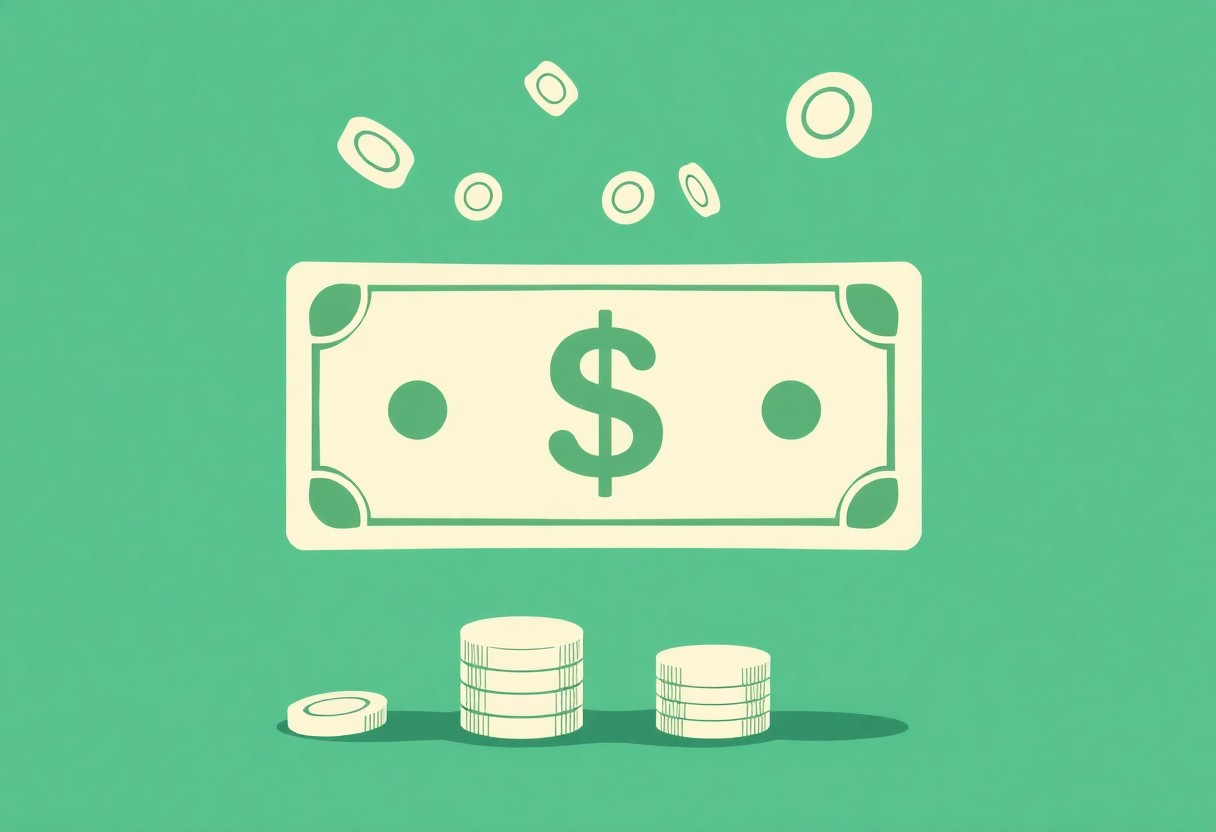The age-old dilemma of whether to prioritize paying off debt more quickly or investing is a common financial conundrum. Both options have their merits, and the right choice depends on your unique financial situation and goals. In this article, we’ll explore the factors to consider when deciding between paying off debt quicker and investing.
The Debt Dilemma:
Debt can take many forms, including credit card debt, student loans, mortgages, and car loans. While some debt is considered “good” debt, like a low-interest mortgage, other types, such as high-interest credit card debt, can be financially draining. Here’s how to approach the decision:
1. Interest Rates:
Consider the interest rates on your debts and potential investment returns. High-interest debts, such as credit card balances, typically have interest rates far exceeding what you can earn through most investments. In such cases, paying off the debt more quickly is often the financially savvy move. On the other hand, low-interest debts like a fixed-rate mortgage might allow you to invest your money for potentially higher returns.
2. Employer Match:
If your employer offers a retirement account with a matching contribution, such as a 401(k), prioritize investing enough to receive the full match. This is essentially free money that can grow over time.
3. Financial Goals:
Consider your financial goals. Are you aiming to be debt-free, save for retirement, or build an emergency fund? Your goals will guide your decision. It’s often wise to balance multiple objectives, allocating some funds toward debt repayment and others toward investments.
4. Risk Tolerance:
Your comfort with risk plays a role. If you have high-interest debt, paying it off quickly is a guaranteed return on your money. Investing, on the other hand, carries inherent risks and uncertainties. If you’re risk-averse, prioritizing debt repayment might be the better option.
5. Tax Considerations:
Review the tax implications of your investments and debts. For example, mortgage interest and student loan interest might be tax-deductible, reducing their effective interest rates. On the investment side, tax-advantaged accounts like IRAs and 401(k)s can offer tax benefits that enhance your investment returns.
6. Time Horizon:
Your time horizon matters. If you have a long time until retirement or financial goals, investing can leverage the power of compounding and potentially yield significant returns. However, if you’re close to retirement or have short-term goals, reducing debt might be a more prudent choice.
7. Emotional Factors:
Sometimes, the emotional weight of debt can’t be measured in dollars and cents. Reducing debt can bring peace of mind and financial freedom, which is a valuable consideration.
The Balanced Approach:
In many cases, a balanced approach is the most sensible. Prioritize high-interest debt repayment to free up funds that can then be directed toward investments. Simultaneously, contribute to retirement accounts and other investments to benefit from long-term growth.
In Conclusion:
The decision to pay off debt quicker or invest is highly personal and depends on your financial situation, goals, and risk tolerance. It’s not an all-or-nothing choice, and a balanced approach often yields the best financial outcomes. Evaluate your individual circumstances, crunch the numbers, and consult with a financial advisor if needed to make a well-informed decision that aligns with your unique financial journey.

